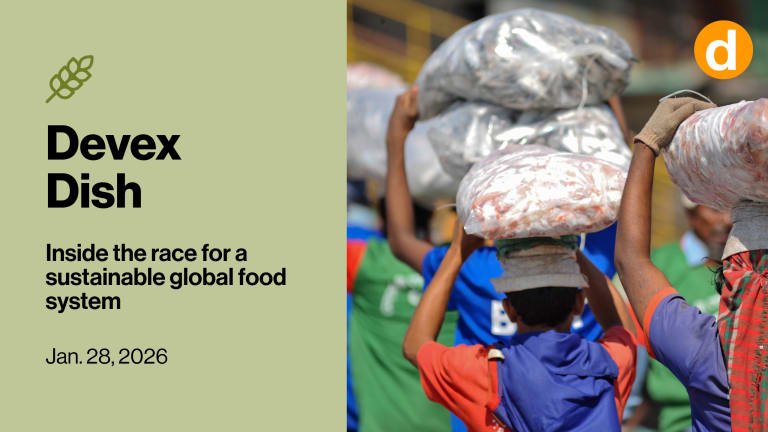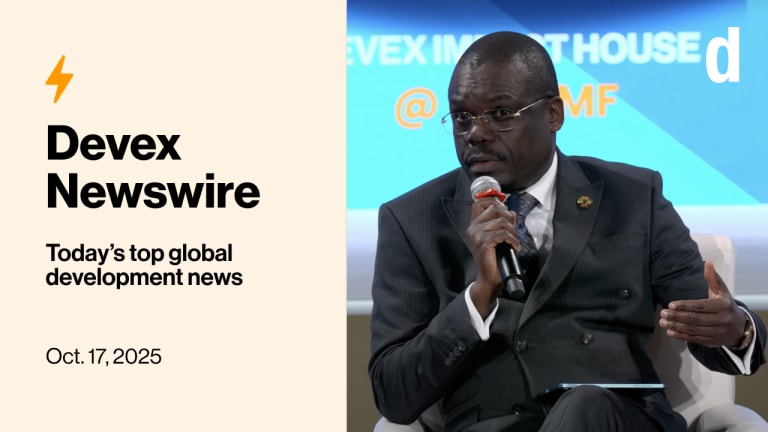
EDITOR’S NOTE: Will donor fatigue hamper food aid to West Africa? John Campbell of the Council on Foreign Relations ponders on donor response to droughts and food insecurity in Africa in this article in his Africa in Transition blog.
Last year, international attention was riveted by the near humanitarian disaster in the Horn and East Africa caused by prolonged drought. Relevant UN agencies and NGOs were able to mobilize the necessary resources, and a famine of biblical proportions was forestalled, though there were high casualties among children and the elderly.
This year, it is West Africa’s turn. A drought that began late last year destroyed much of the harvest, and some communities are running out of food several months before the next harvest is due. According to the national director of Mauritania’s Ministry of Water and Sanitation, a third of its population already suffers from food insecurity. Burkina Faso, Chad, Mali, Mauritania, Niger, Cameroon and Nigeria are calling for international assistance. As in East Africa last year, the UN and NGOs are trying to rally international assistance. But, thus far, the international community has pledged only about half of the $650 million dollars needed by the UN alone. NGOs also face funding shortfalls. José Luis Fernandez, regional emergency coordinator of the UN’s Food and Agriculture Organization points out the advantages of early mobilization with respect to efficiency and costs—to say nothing of lives saved. He notes, for example, that it costs ten to twenty times more to airlift food than to ship it.
Droughts have long been feature of Africa. But their frequency and severity appears to accelerating, and the international community needs a better understanding of their causes. The conventional wisdom is that they result from the interrelationship between climate change, population growth, acute poverty, changing migration patterns, conflict and bad governance. No doubt, broadly speaking this is true, if not necessarily helpful for understanding a particular episode. Famine often is localized in its causes and frequently involves political factors, as it did in Somalia last year, where al-Shabaab blocked international aid efforts and Somali children paid with their lives. It can’t be the money. For the international community $650 million is peanuts. After all, the conventional wisdomis that the U.S. presence in Afghanistan was costing the U.S. taxpayer $300 million per day. Perhaps more important in explaining apparent donor lassitude may be factors such as the international community’s limited attention span, compassion fatigue, and frustration over an apparent inability to deal with the root causes of humanitarian disasters. At least in West Africa, there is no al-Shabaab.
Republished with permission from the Council on Foreign Relations. View original article.








